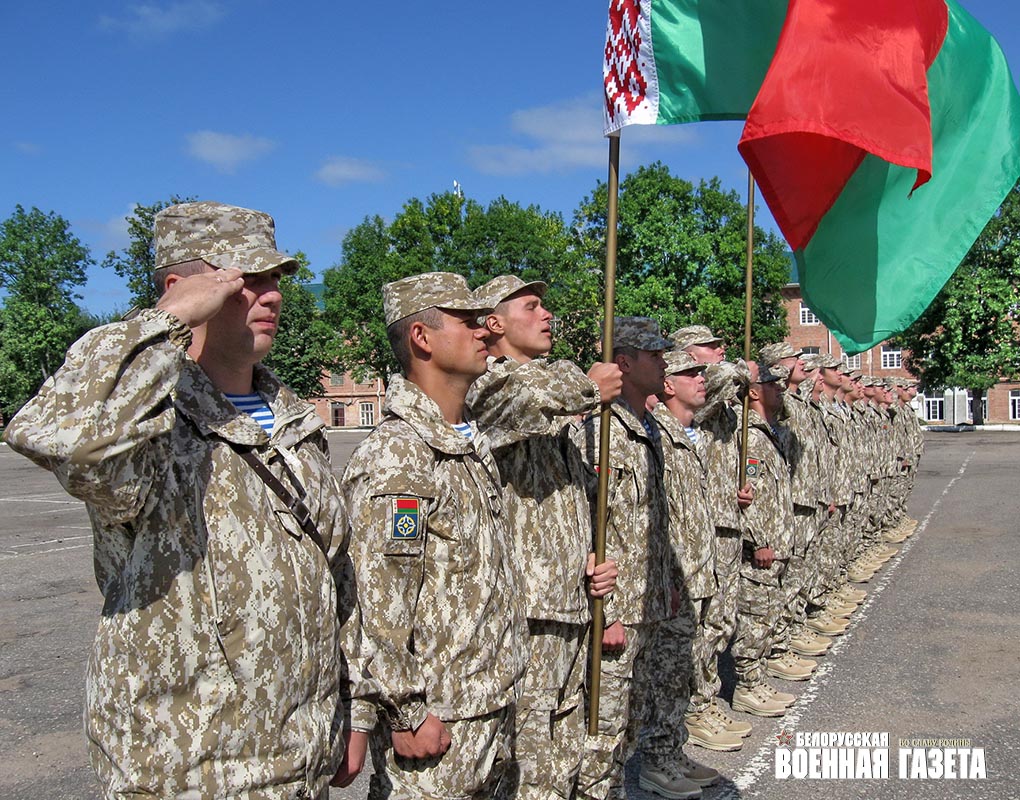Minsk has demonstrated scope of commitment to CSTO
 The situation has not changed
The situation has not changed

The participating states have used the CSTO as an instrument for obtaining material benefits from Russia. Albeit the CSTO members often talk about the common good, they nevertheless always prioritise their domestic interests. Lukashenka is unlikely to expand Belarus’ commitment to the alliance.
On June 13th, 2017, while hosting the Collective Security Treaty Organization ministerial meeting, Lukashenka made some statements, which, on the one hand, aimed to demonstrate Minsk’s commitment to collective security it had assumed, and on the other, to indicate the limits of such commitments.
As usual, Lukashenka talked about his support for developing and strengthening the CSTO as an important tool for ensuring the collective security for its members. The Belarusian leader spoke about Belarus’ commitment to develop the military component in the CSTO, i.e. the Collective Rapid Reaction Force. That is, to obtain pro-bono arms and military equipment from Russia.
Simultaneously, Lukashenka stated that Belarus would be responsible for the western (i.e. East-European) vector, for which she is responsible jointly with Russia and guarantees security in this region. Although he did not articulate this, but Lukashenka had led CSTO Defence Ministers to a conclusion that the situation in Central Asia and the South Caucasus was important, but should be primarily a headache for Minsk’s formal allies from those regions.
The CSTO remains a fragmented quasi-alliance, a collection of Russia’s bilateral military alliances with other member states. Moscow is the only pivot uniting countries which otherwise do not want to commit to each other. The CSTO positions itself as a classical universal collective security organisation, which has no regional “specialization” by definition and operates on the principle “one for all, and all for one”. In reality, the member states aim to obtain maximum benefits at a minimum cost and assuming minimum commitments, which is common for the post-Soviet formations.
Subscribe to our newsletter




Situation in Belarus
Constitutional referendum: main consequences


 Video
Video
How to count the political prisoners: are the new criteria needed?


 Video
Video
Paternalism In Decline, Belarusian Euroscepticism, And The Influence Of Russia


 Video
Video












